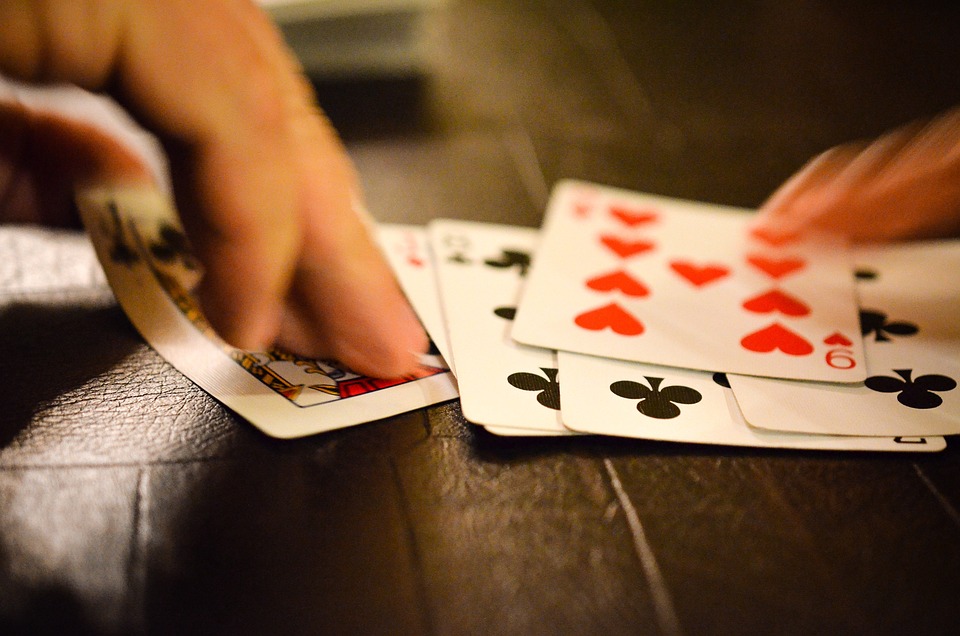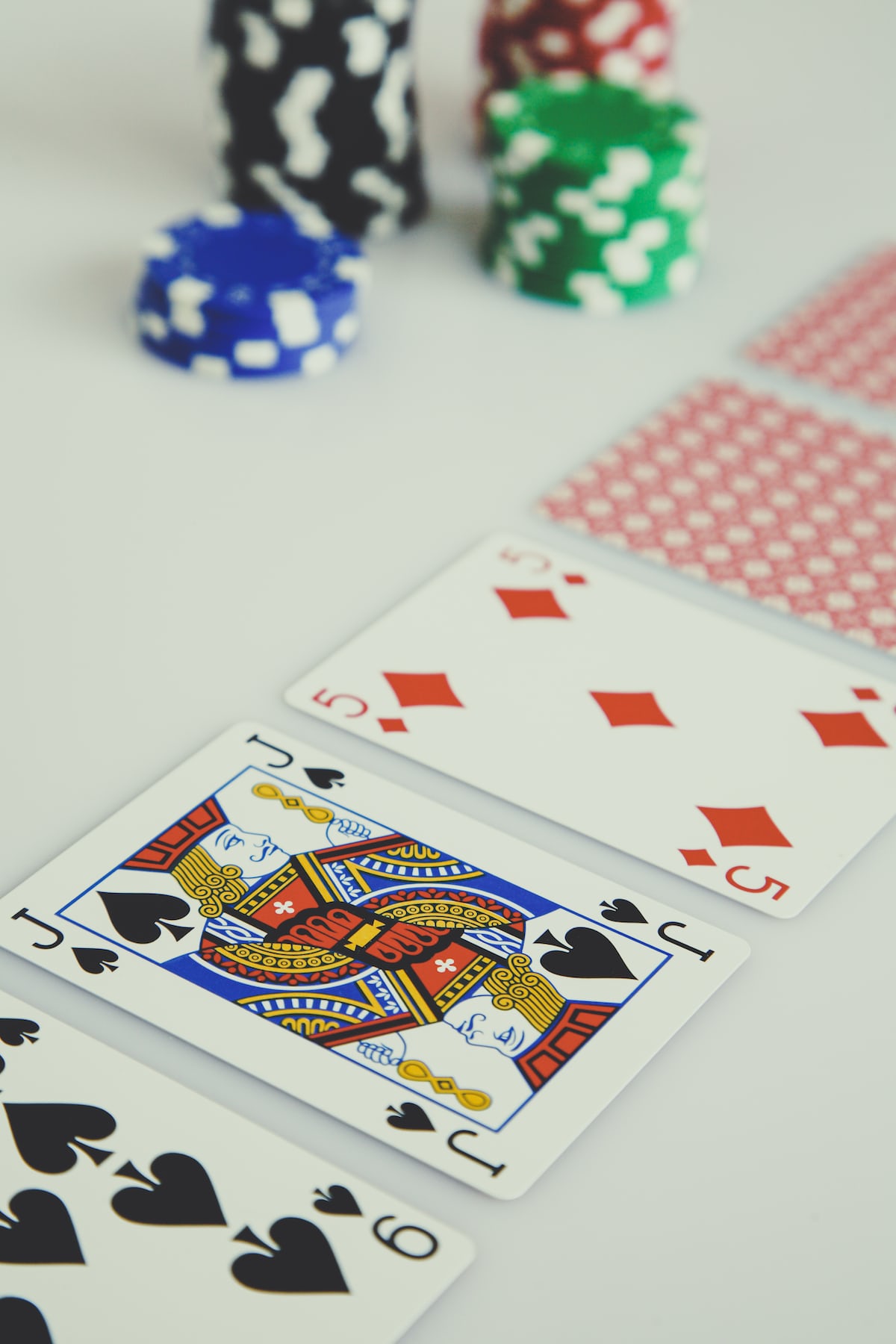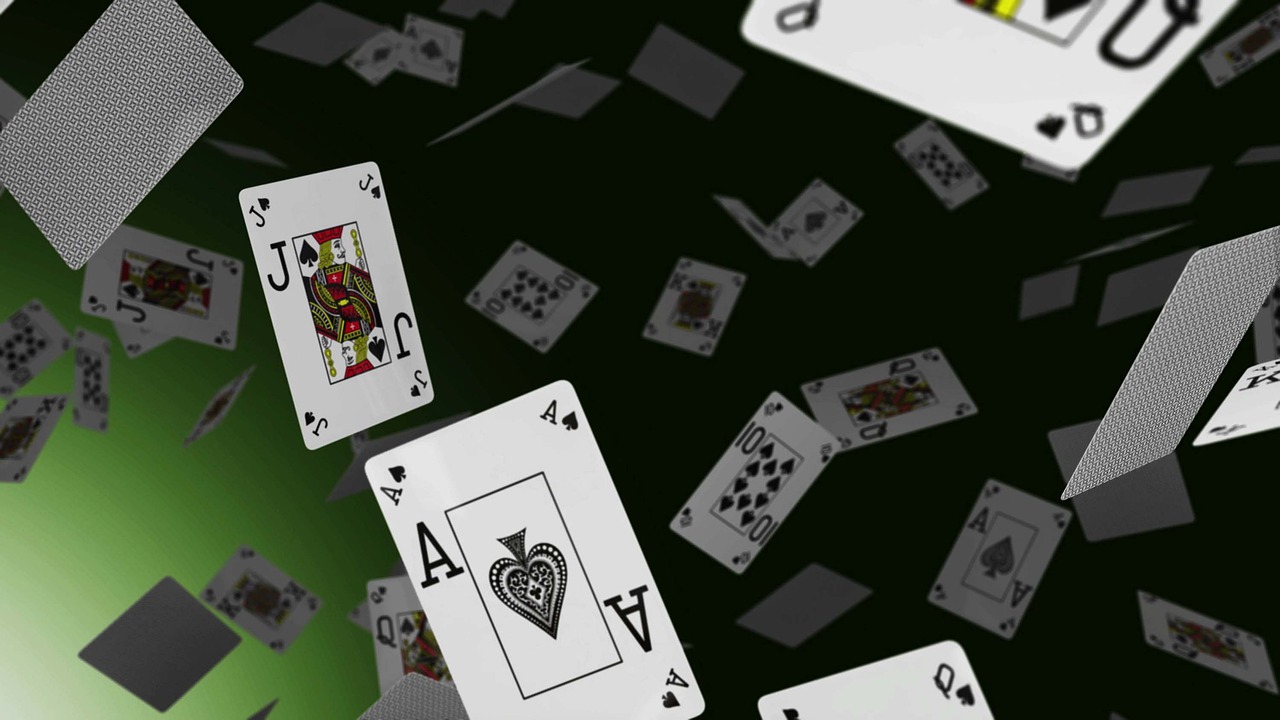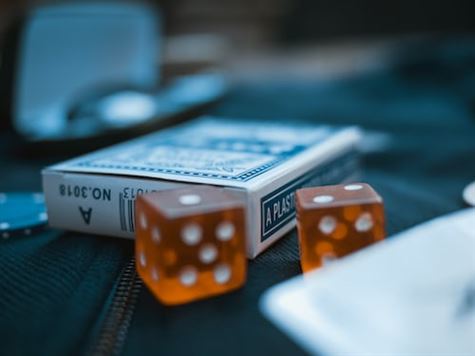Poker is a fun, exciting, and widely-loved card game.
You may feel a little lost if you’re new to poker. There’s a lot of lingo and terminology to learn, and the game can initially seem dauntingly complex. But don’t worry—with these 15 simple tips, you’ll see big improvements in your game in no time.
So whether you are looking for a new hobby or getting a seat at the high roller’s table, read on for some valuable advice on playing poker like a pro!
If you’re brand new to the game, it’s important to learn the basics before diving headfirst. Read up on the rules of poker, familiarize yourself with the different poker hands, and understand how betting works. You can find helpful guides and resources online or in books that teach poker beginners.
Recognizing when to stay in a hand and fold is one of the most important skills to learn. If you’re holding a losing hand, folding is no shame, rather than risking more money. On the other hand, if you’ve got a good chance of winning, it’s often worth staying in and betting more.
Bluffing is an important part of poker and a skill that takes time to master. If you’re new to the game, don’t be afraid to experiment with bluffing in small-stakes games. Over time, you’ll get a feel for when it’s appropriate to bluff and when it isn’t.
One of the best ways to improve your poker game is to pay attention to your opponents’ tells – small cues that can give away what kind of hand they’re holding. If you can pick up on these tells, you’ll have a big advantage over other players who aren’t paying as much attention.
While paying attention to your opponents’ tells is important, you also need to make sure they can’t read yours! If you give away too much information with your facial expressions or body language, savvy players can take advantage of that. So practice keeping a poker face, both in person and online.
It’s easy to get caught up in the moment and feel like you’re on a winning streak – but that can quickly turn around in poker. Be mindful of the risks involved in each hand, and don’t get too discouraged if you lose a few rounds.
Poker can be a costly game, so it’s important to manage your money wisely. Avoid betting more than you can afford to lose, and set aside money specifically for poker games. That way, you won’t have to worry about going into debt or breaking the bank if you have a losing streak.
Poker is a waiting game; the best players are often the most patient. If you’re impatient, take a break and return to the table refreshed. It’s better to wait for a good hand than to make rash decisions that could cost you money in the long run.
In addition to being patient, it’s important to play smart when you’re at the poker table. That means making calculated bets, being aware of the odds, and knowing when to take risks. The more you play, the better you’ll get at making smart decisions – so don’t be afraid to learn from your mistakes.
Poker is a game, so remember to enjoy yourself. Even if you’re not winning every hand, you can still have a good time socializing and playing the game. So relax, have fun, and try not to take things too seriously.
If you want to up your poker game, it’s helpful to learn from the best in the business. Look for poker tournaments on TV or online, and pay attention to the top players’ strategies. You can also read poker books or articles for expert tips and advice. World Series of Poker videos on YouTube provide insightful commentary on the gameplay of some of the best pros in the world, as well as gripping poker drama and entertainment. Watching such videos is a great way to learn from the most talented players’ biggest wins and bitter losses.
The best way to get better at poker is to practice as much as possible. Play against friends or family members, try out different types of games, and update your skills by reading poker guides and watching tutorial videos. The more you play, the better you’ll become.
Consider joining a local poker club if you’re serious about improving your poker skills. This is a great way to meet other players and learn new strategies. There are also many online poker clubs that you can join, which can be a convenient option if there isn’t a club near you.
Tournaments are a great way to test your skills against other players. They can also be a lot of fun, so sign up for some that interest you. There are many different poker tournaments, so you’re sure to find one perfect for you.
You can always try playing online if you want to play poker but can’t make it to a casino or poker room. Online poker is convenient and offers various games and stakes levels, so it’s perfect for players of all experience levels. Plus, you can usually find some great bonuses and promotions when you play online.
Success at poker heavily depends on your understanding of the game and your ability to strategize. The best players in the world make winning plays by reading their opponents, bluffing at the right times, and playing the odds. If you want to be a successful poker player, it’s important to master the basics and, above all, practice as often as possible.
Sign up with GGPoker, the world’s largest poker room, today and become the next poker superstar!





